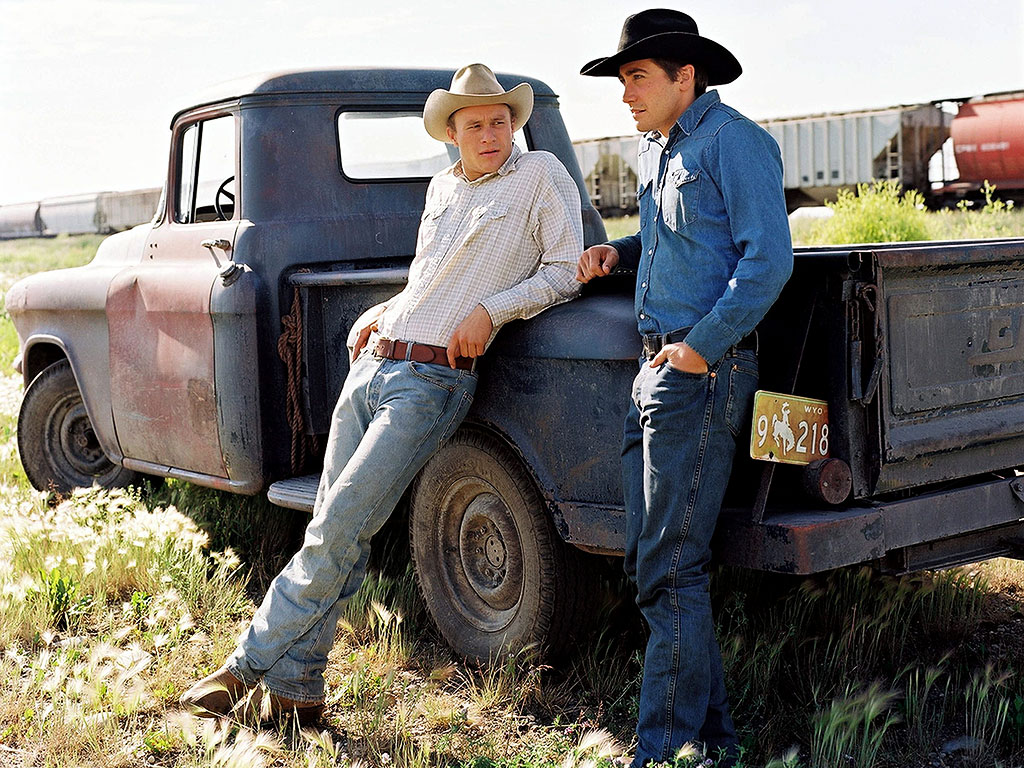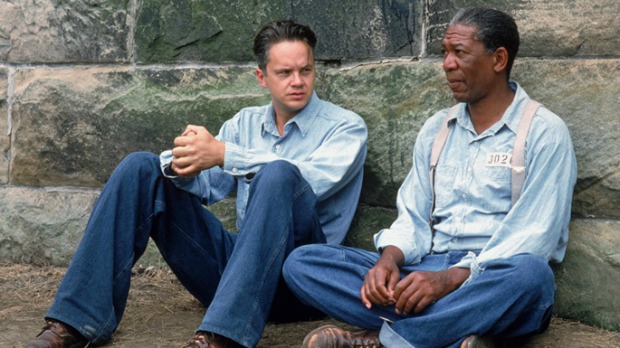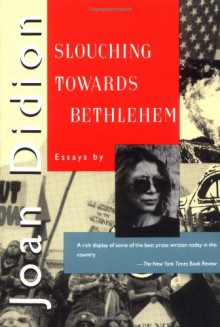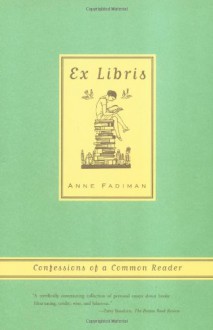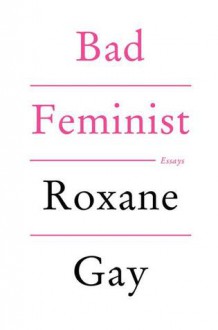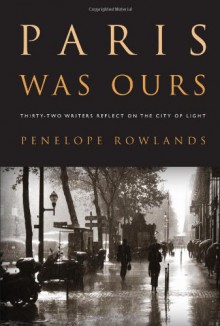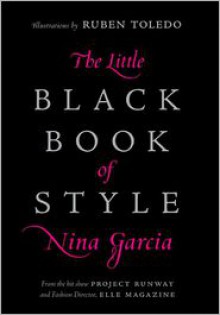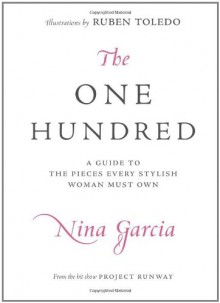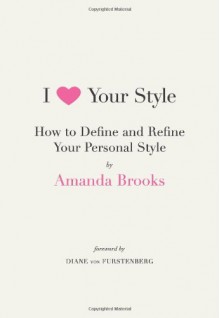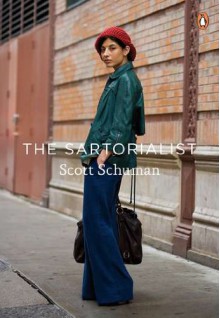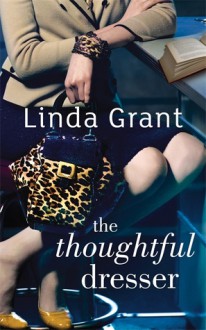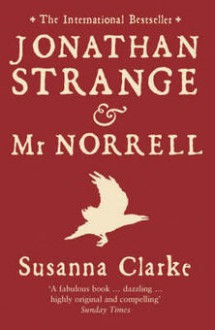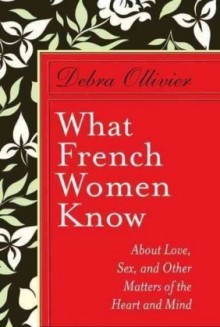Fabulous 5 Friday: Books About Clothes and Style
I’m a sucker for style books. Not books about fashion, per se, but about personal style and the relationships we develop with clothing. Humans are highly visual and clothing is one of the many heuristics we use to make judgments, intentional or not. Anyone who says they don’t care about style or only wear what is comfortable is still making a style choice; it’s an unavoidable part of living in society. Humans value self-expression and we communicate through clothing in conscious and unconscious ways. If you doubt this, just think about how you feel when you go out dressed to the nines versus running to the store in your sweatpants. You feel different, don’t you? Whether one of those experiences is “better” than the other is up to personal preference, but they certainly are different. Personally, I find this sort of clothing-as-language phenomenon fascinating and I like to take some time, usually once or twice a year, to look at my closet and see what I’m saying to the world and what I would like to change. I also just really enjoy clothes.
These books are the “guides” (really more like inspiration) I use when my closet cleaning mood strikes. Each must be taken with a grain of salt; they are almost all written by people who work in the fashion world and are privileged financially and socially, and they tend to have a severe lack of body diversity. But they are all fun and helpful in their own, somewhat limited ways.
The Little Black Book of Style by Nina Garcia
You may know Garcia from her regular stint as a judge on Project Runway. She has been an editor and/or fashion director for several big name fashion magazines, most famously Elle and Marie Claire, so she certainly has her fashion credentials. What I really appreciate about Garcia’s take on the genre is that she is straightforward about the difference between having personal style versus simply following fashion. She may work in the fashion world (and come from a stylish, wealthy background) but she appreciates the little personal touches that make a wardrobe something genuinely expressive. She may namedrop like any fashion insider, but she doesn’t let that overshadow a genuine love for self-expression and self-respect. Plus, the watercolor illustrations by Ruben Toledo are fabulous.
The One Hundred by Nina Garcia
Perhaps this is cheating, but I had to give the second choice to Garcia as well (she’s written 4 books so far). The One Hundred is less about the “how to” and more a fun reference guide for the items that have proven themselves as staples time and time again. She gives advice on what pieces are worth investment versus which ones can be cheap fun while also giving little mini-history and pop culture lessons on various iconic items like trench coats and cashmere sweaters. There are a few chapters that are misses (in my personal opinion) but everyone’s list of “must haves” will vary and she acknowledges that, too. This one is also illustrated by Ruben Toledo.
I Love Your Style by Amanda Brooks
Amanda Brooks, much like Nina Garcia, comes from a pretty well-to-do background and has a lot of connections in the fashion world. Even so, she has a decidedly eclectic sense of style, which she illustrates (literally and figuratively) in this style-manual-cum-memoir. The photographs alone are worth the price of admission, but she has some pretty good advice to give, too. Anyone who has made as many questionable clothing decisions as Brooks has to have something worthwhile to teach. The beginning of the book is devoted to her life as a budding fashionista, while the rest is a sort of reference book for particular “types” of style and how that translates in all sorts of different ways for different people. I love looking at the vintage pictures of people like Cher and Bianca Jagger for inspiration, I just wish there was more body diversity.
The Sartorialist by Scott Schuman
Anyone with even a passing interest in clothes or street style blogs knows of The Sartorialist. While everything in the book can be seen online on the original blog, the book itself is like a little trove of amazing images that you can peruse when the mood strikes or you need a little inspiration. Unlike Garcia and Brooks, Scott Schuman isn’t focused on capturing one vision of personal style, but of celebrating it in all kinds of ways and on all types of people. There may still be some snobbery here and there, but it’s overall a supremely open-ended way to look at beauty and self-expression.
The Thoughful Dresser by Linda Grant
This is a book that looks at the personal ways we are affected by clothes, rather than offering any sort of style advice. “The only thing worse than being skint (poor) is looking skint.” Until I read this line in The Thoughtful Dresser, I had never fully processed the way I think about clothes and social class. We all know that clothing can be used to assess wealth on some level, but we forget that clothing can also allow for a sort of dignity that may be otherwise unavailable to someone who is struggling. Every time someone complains that a “poor” person spent money on new clothes instead of some other necessity, I think about this. Grant looks at clothing as a means to various ends: she looks at a woman “saved” by clothing after surviving a concentration camp, at women who were able to turn shopping into an act of independence, and at the many ways we use clothing as a marker of identity.


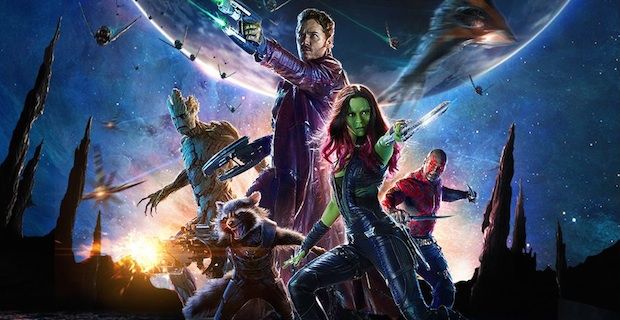

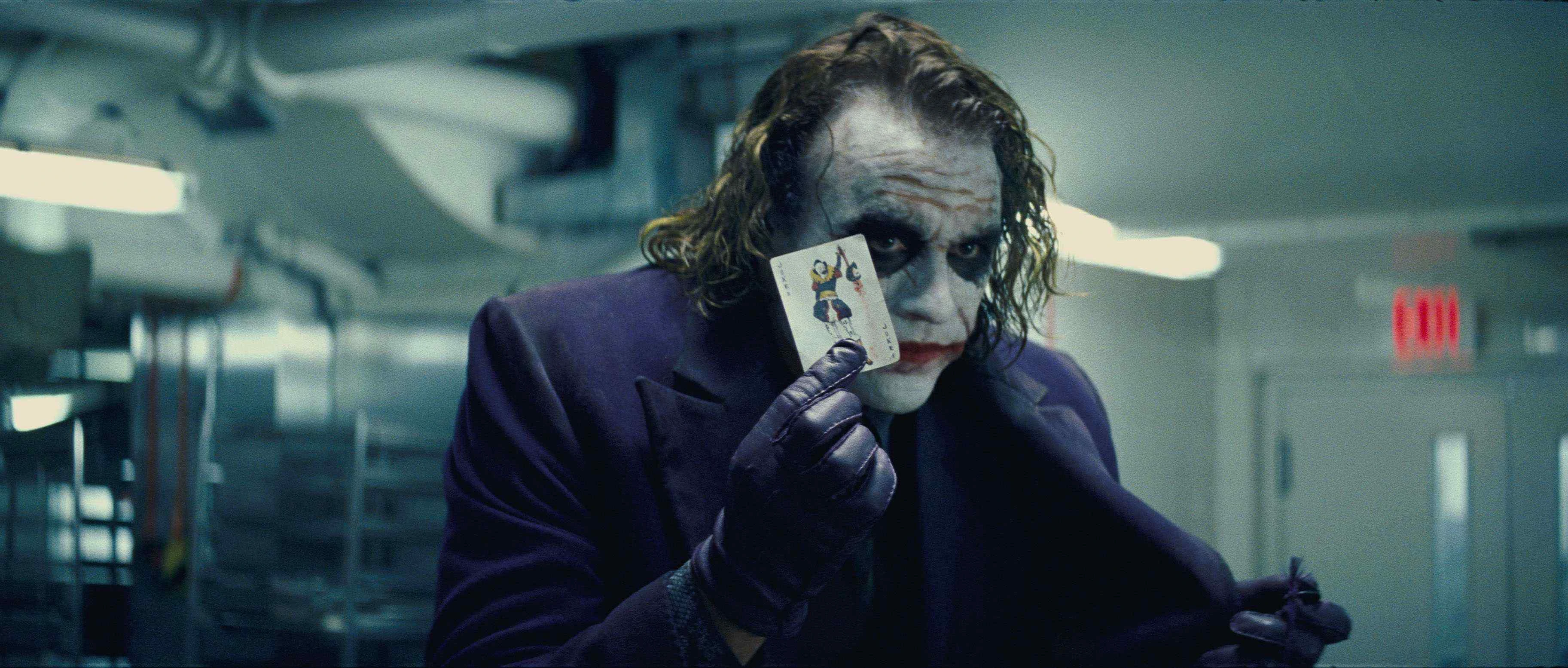


 Log in with Facebook
Log in with Facebook 
